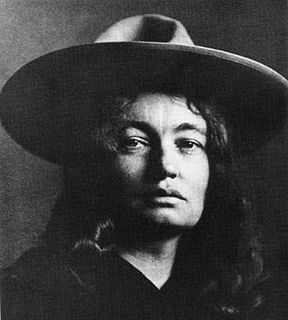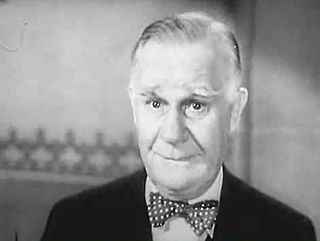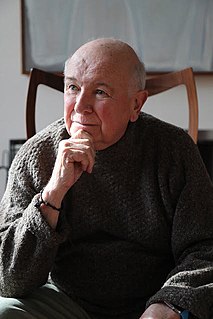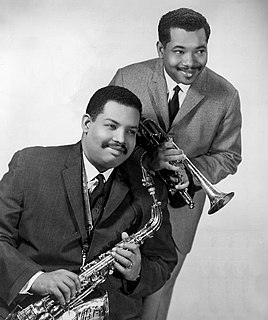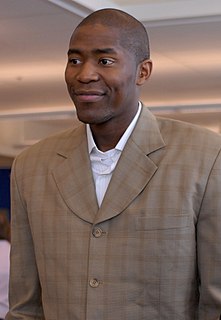A Quote by Andrew Sullivan
Not many people sleep with other men and when the other man leaves have a nervous breakdown.
Related Quotes
A man is not merely a man but a man among men, in a world of men. Being good at being a man has more to do with a man’s ability to succeed with men and within groups of men than it does with a man’s relationship to any woman or any group of women. When someone tells a man to be a man, they are telling him to be more like other men, more like the majority of men, and ideally more like the men who other men hold in high regard.
Man is a great blunderer going about in the woods, and there is no other except the bear makes so much noise. ... The cunningest hunger is hunted in turn, and what he leaves of his kill is meat for some other. That is the economy of nature, but with it all there is not sufficient account taken of the works of man. There is no scavenger that eats tin cans, and no wild thing leaves a like disfigurement on the forest floor.
When man faces man the one attempts to put the other to sleep and the other continuously wants to maintain his uprightness. But this is, to speak in the Goethean sense, the archetypal phenomenon of social science. This sleeping-into we may call the social principle, the social impulse of the new era: we have to live over into the other; we have to dissolve with our soul into the other.
One-half of life is admitted by us to be passed in sleep, in which, however, it may appear otherwise, we have no perception of truth, and all our feelings are delusions; who knows but the other half of life, in which we think we are awake, is a sleep also, but in some respects different from the other, and from which we wake when we, as we call it, sleep. As a man dreams often that he is dreaming, crowding one dreamy delusion on another.
We who go a-fishing are a peculiar people. Like other men and women in many respects, we are like one another, and like no others, in other respects. We understand each other's thoughts by an intuition of which we know nothing. We cast our flies on many waters, where memories and fancies and facts rise, and we take them and show them to each other, and small or large, we are content with our catch.
I spent on the Other Earth many "other years," wandering from mind to mind and country to country, but I did not gain any clear understanding of the psychology of the Other Men and the significance of their history till I encountered one of their philosophers, an aging but still vigorous man whose eccentric and unpalatable views had prevented him from attaining eminence.




